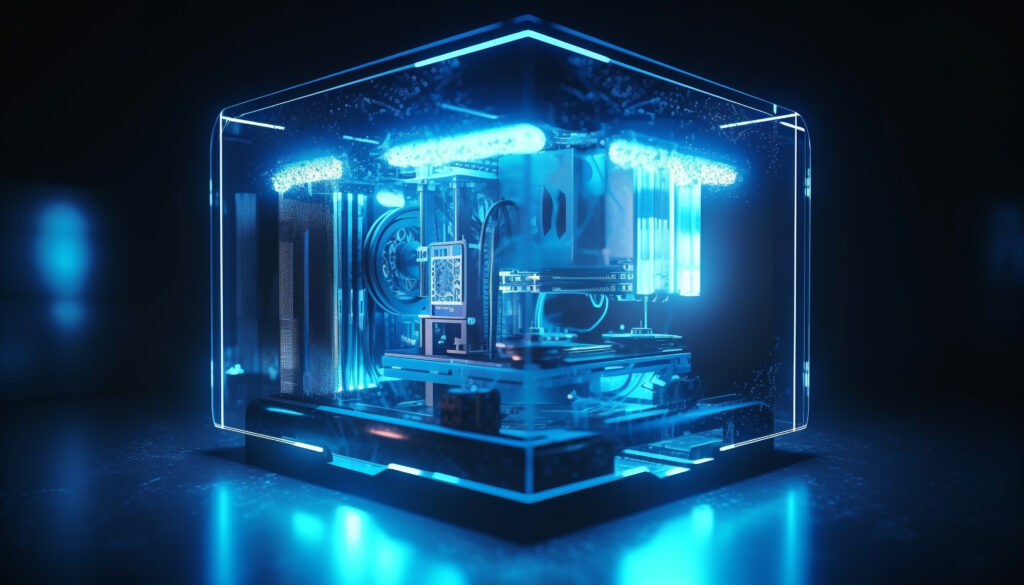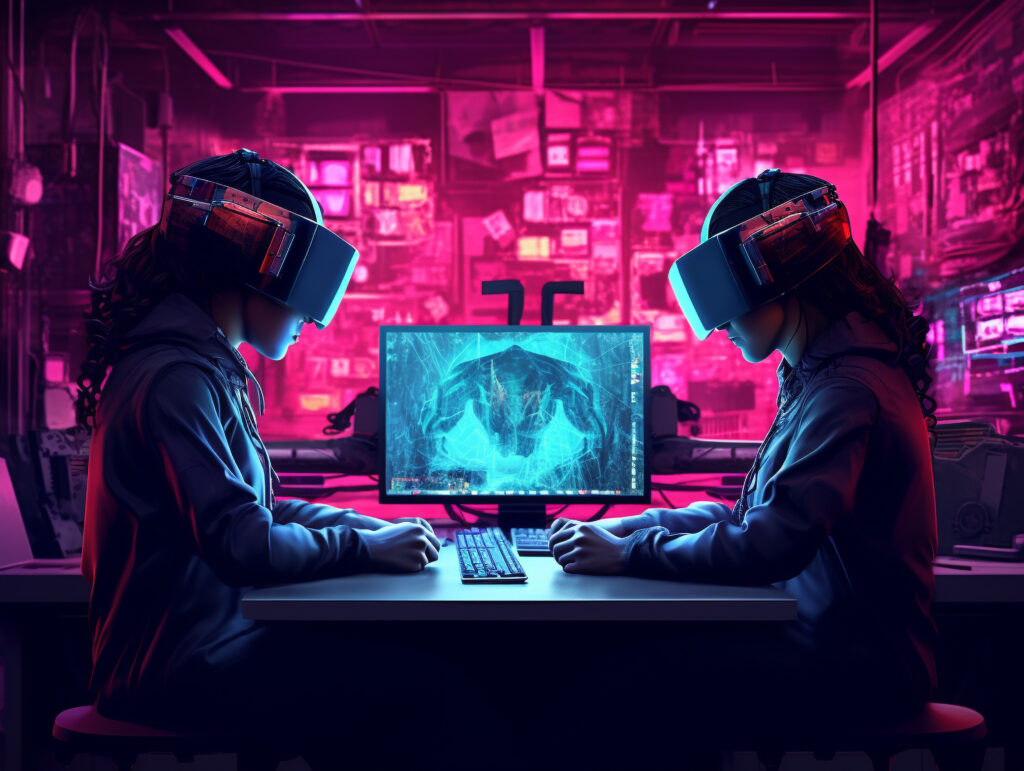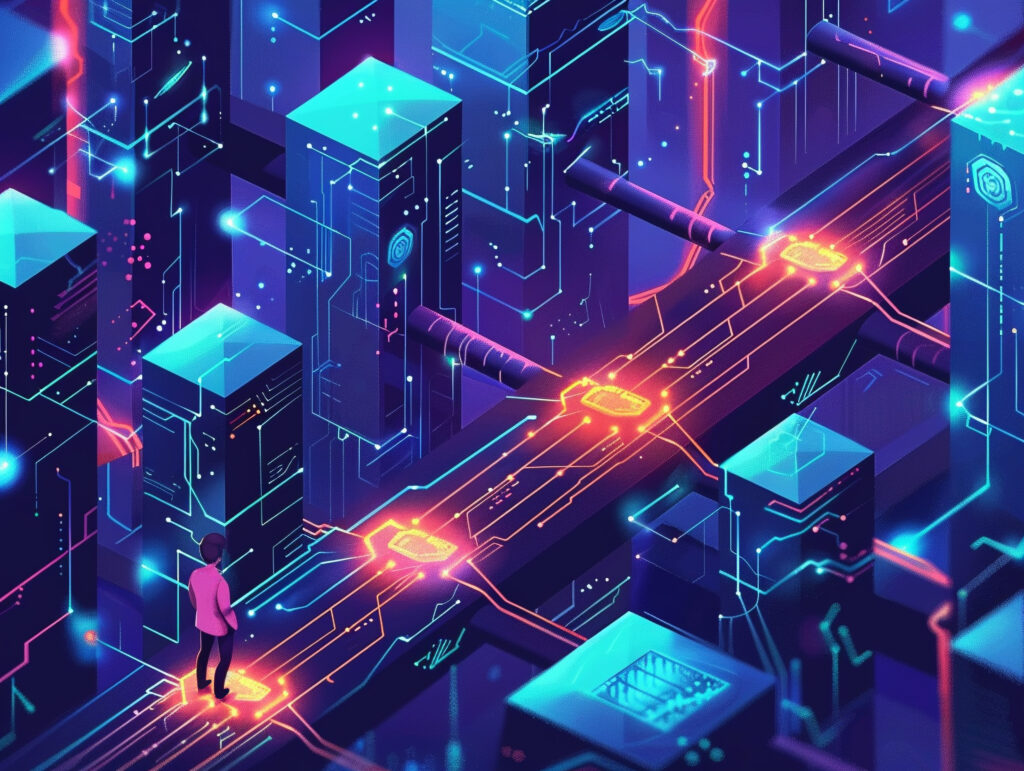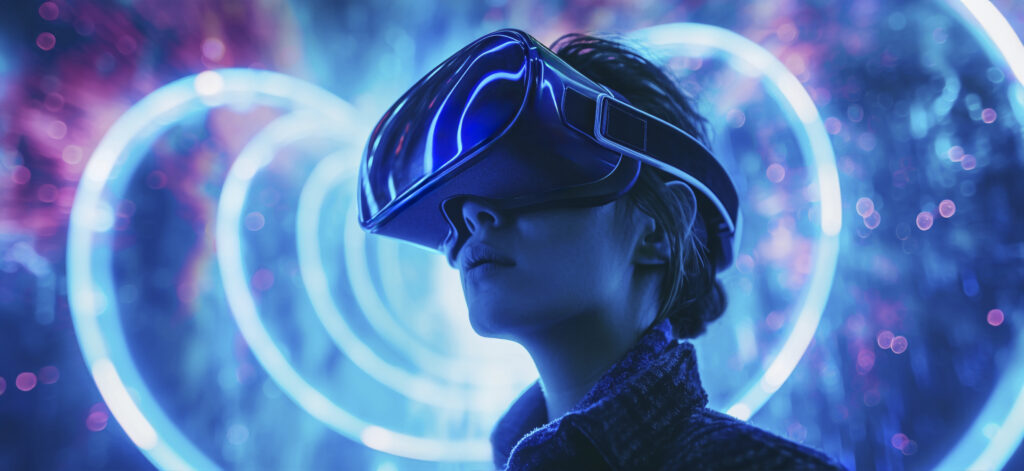Overview
As mental health waitlists worldwide record highs, many people are turning to AI chatbots for support while awaiting professional care. Individuals like Kelly and Nicholas, who found comfort and coping mechanisms through platforms such as Character.ai and Wysa during periods of anxiety, depression, and loneliness. While these chatbots offer round-the-clock accessibility and tools like guided meditation and mood tracking, experts caution they are not substitutes for human therapists and may sometimes provide unhelpful or even harmful advice.
Concerns about bias, lack of cultural understanding, privacy, and data security persist, especially as chatbots are trained on large, sometimes flawed, datasets. Some users report that chatbots can feel repetitive and lack the depth of real human empathy, while others find them beneficial as an interim solution. Studies suggest AI chatbots can reduce symptoms of depression and anxiety, but both users and professionals agree that in-person care remains essential. With only 12% of the public believing chatbots could replace therapists, the consensus is that these tools may serve as a helpful stopgap in an overstretched mental health system, but robust safeguards and professional oversight are crucial.




